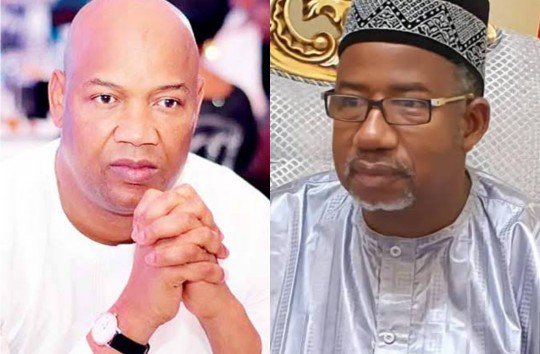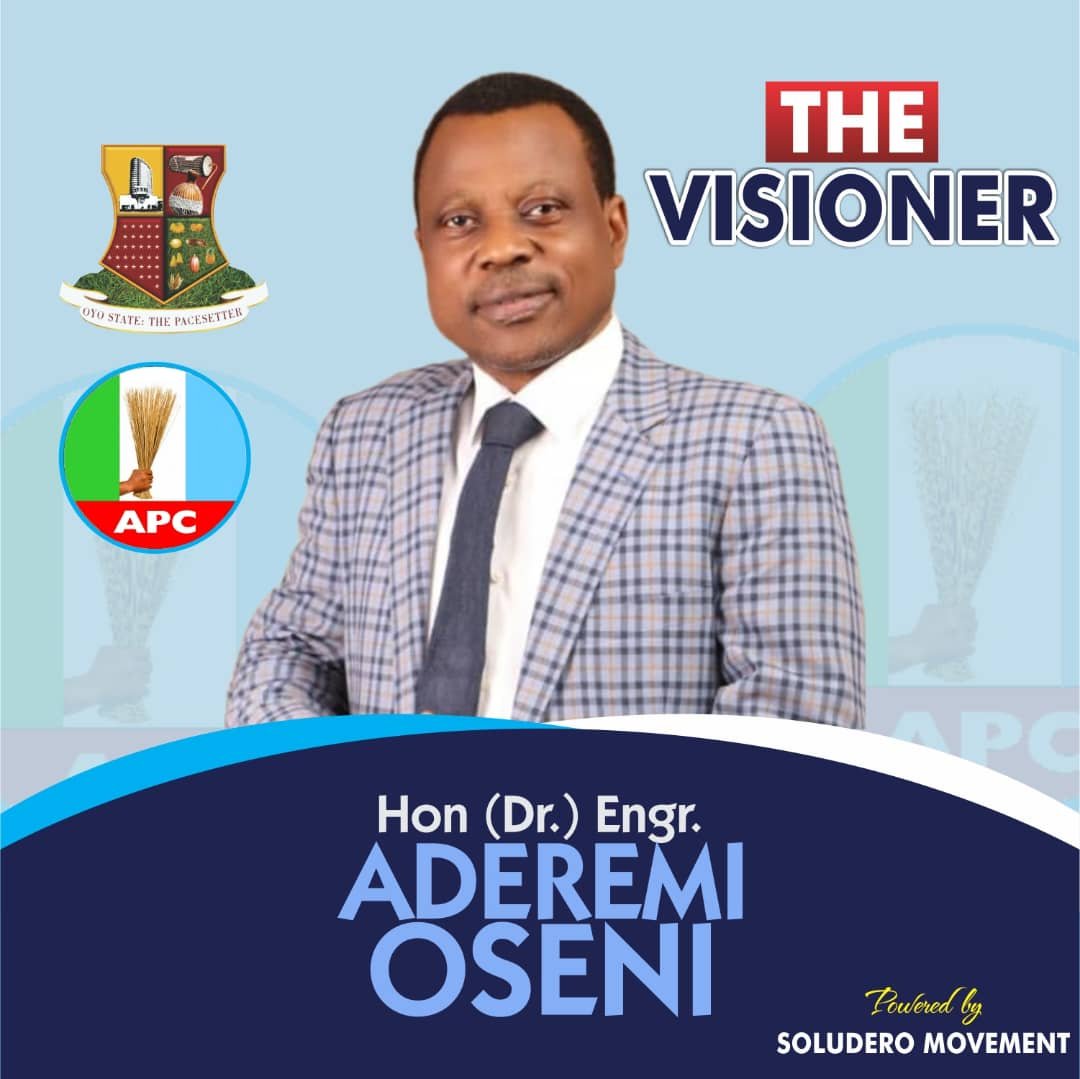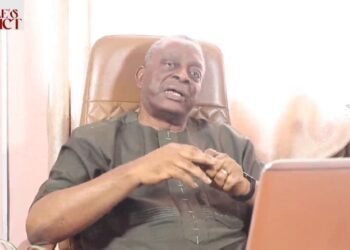Prominent Ibadan-based media entrepreneur, Wole Arisekola, has called on politicians across the country to exercise caution in their public utterances, warning that inflammatory statements could destabilise the country.
Arisekola, in a statement on Sunday, passionately appealed to political leaders across party lines to prioritise unity and decorum in their communication with citizens.
His statement came at a time of heightened political tension, serving as a timely reminder of the need for caution, maturity and a commitment to fostering unity in a diverse nation.
Arisekola underscored the enduring need for mature, inclusive leadership in navigating Nigeria’s complex political landscape.
“By virtue of their political positions, God has entrusted these leaders with the mantle of leadership. It is imperative they act with maturity, regardless of their age or level of education,” Arisekola remarked.
Drawing a historical parallel, Arisekola referenced the political dynamics of the Second Republic (1979–1983) to illustrate the importance of responsible leadership.
He said, during that era, the ideological and political differences between the National Party of Nigeria (NPN) and the Unity Party of Nigeria (UPN), both defunct, were stark, yet leaders maintained a level of decorum that preserved the nation’s unity.
Arisekola specifically addressed the governor of Bauchi State, Bala Mohammed, urging him to emulate the nation’s founding fathers in resolving political disagreements between the North and the South-West.
“Dragging the entire South-West under the bus due to political differences is not only immature but undermines the spirit of brotherhood that has long existed between the two regions,” he said.
He recalled how, during the Second Republic, President Shehu Shagari of the NPN and Chief Bola Ige, the UPN governor of the old Oyo State, handled a dispute over the location of a mobile police barracks in Oyo State.
“Despite ideological differences—NPN’s conservative stance and UPN’s progressive, socialist-oriented policies—both leaders resolved their disagreement without resorting to divisive rhetoric.
“Chief Bola Ige never went on air to attack President Shagari or make derogatory comments about his tribe. That level of maturity is what we need from our leaders today,” Arisekola stressed.
Contrasting the past with Governor Bala Mohammed’s recent outburst, Arisekola lamented that it has a great polarising impact.
“Since Governor Bala’s remarks at the Government House in Bauchi, Arewa leaders have been scrambling to reassure their host communities that his opinions do not reflect theirs.
“Such incidents and utterances sow unnecessary discord and distract from nation-building,” he observed.
Arisekola described Governor Bala Mohammed as a promising leader who must demonstrate patience and tact in political matters.
“Governor Bala Mohammed must remember that today, he is the governor of Bauchi; tomorrow, he could be the president of Nigeria. And no candidate can win the presidency with the votes of his region alone,” he advised.
Drawing another lesson from history, Arisekola noted how Second Republic leaders, despite their intense rivalry, refrained from inflammatory language, choosing instead to engage through structured political debates and dialogue.
“Even when regional loyalties ran deep, leaders like Chief Obafemi Awolowo and Alhaji Waziri Ibrahim chose to focus on policies and ideas rather than personal attacks,” he added.
Emphasising the weight of political rhetoric, Arisekola urged all politicians to resolve their differences through proper channels rather than public confrontations.
“Leaders must choose their words carefully because their followers often act on their sentiments. Politicians have multiple avenues to address their disagreements without dragging the electorate into their battles,” he said.
The media mogul concluded with a call for national unity, urging politicians to focus on policies that unite rather than divide the country.
“Nigerians are tired of unnecessary political drama. It is time to prioritise the collective good over personal or regional interests,” Arisekola declared.
































